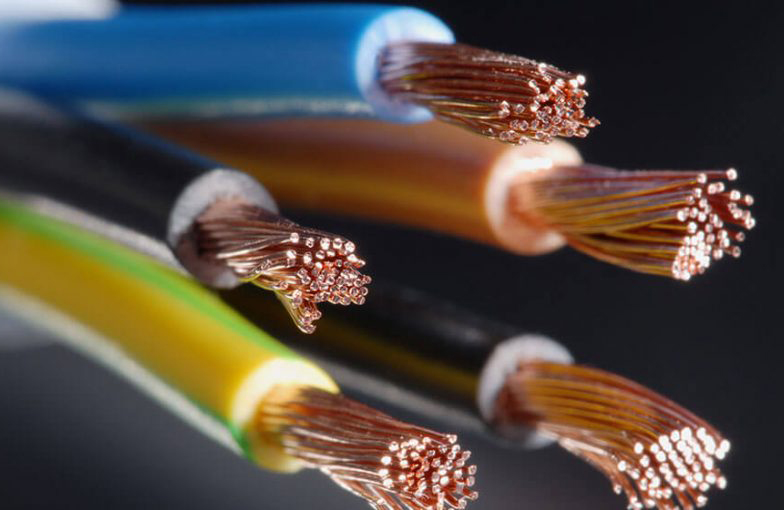Effect of Silicon Micropowder Content on Properties of Epoxy Castables for Electrical Insulation

Epoxy insulating castable is a liquid or viscous polymerizable resin mixture mixed with resin, curing agent, filler, etc. At the pouring temperature, the castable has the characteristics of good fluidity, less volatile matter, fast curing, and small shrinkage after curing, fixing and isolation and other functions in one insulation product.
Silicon micropowder is one of the important components of insulating castables, and has an irreplaceable role in reducing shrinkage, reducing costs, and improving performance.
At present, insulator manufacturers try to increase the proportion of filler content as much as possible in order to reduce costs. Insulators with too high filler content will greatly reduce their insulation performance, mechanical properties and service life, which will seriously affect the safe and reliable operation of the power system; insulating parts with too low filler content will also reduce their overall performance. Epoxy resin manufacturers have not made reasonable regulations on the addition ratio of fillers, which has brought great confusion to epoxy insulation manufacturers.
Using liquid bisphenol A epoxy resin as the base material, methyltetrahydrophthalic anhydride as the curing agent, BDMA as the accelerator, 400-mesh active silicon powder as the filler, according to different filler ratios, the APG process was used to prepare the test strips. The effects of different amounts of silicon micropowder on the mechanical strength, dielectric properties, solution corrosion resistance and water absorption of epoxy castables were investigated. The results show that:
(1) With the increase of filler content in the epoxy resin system, the dielectric constant and dielectric loss of the sample block generally tend to increase.
(2) When the filler content is low, with the increase of the proportion, the resistance to leakage traces increases. When the filler content reaches 69.42%, the resistance to leakage traces reaches the maximum; after that, with the further increase of fillers, the resistance to leakage traces increases. It started to get worse again.
(3) When the filler content increases to 67.26%, the lye corrosion resistance begins to decline significantly.
(4) The mechanical properties of the samples initially increased with the increase of filler content, and when the filler content increased to 69.42%, the mechanical properties began to fluctuate.
(5) Although the filler content increases, it can reduce the shrinkage rate of the casting, improve its thermal conductivity and rigidity, improve its crack resistance, and reduce production costs, but too high filler content will not only make the process worse, but also It will reduce the insulation performance, mechanical stability and corrosion resistance of the product. Therefore, considering the comprehensive performance, the optimum content range of silicon micropowder is 63% to 67%.
